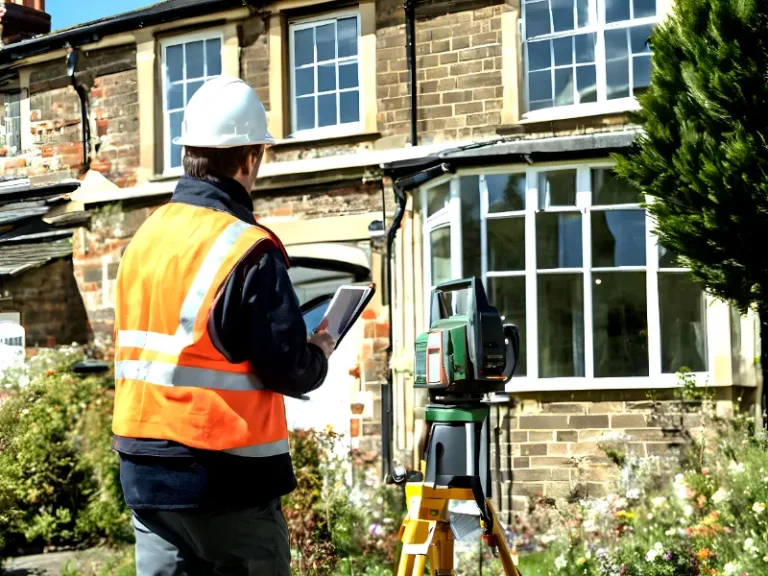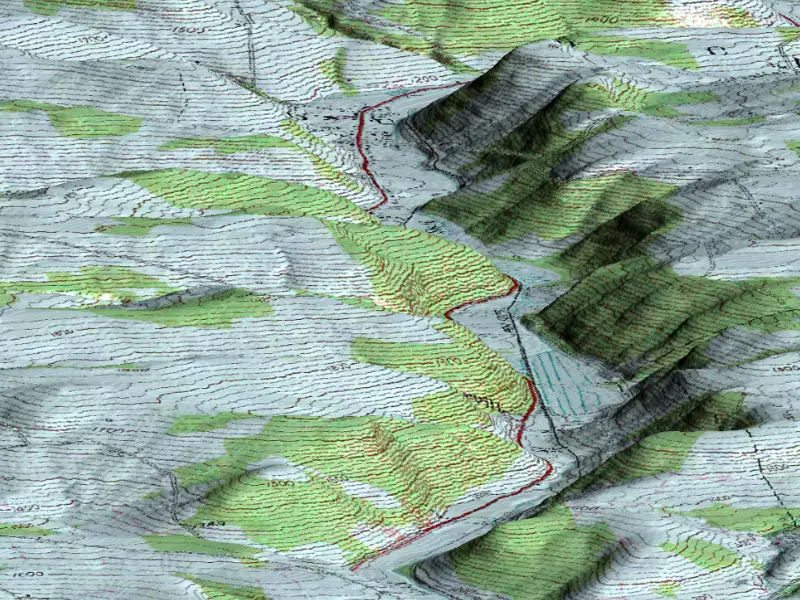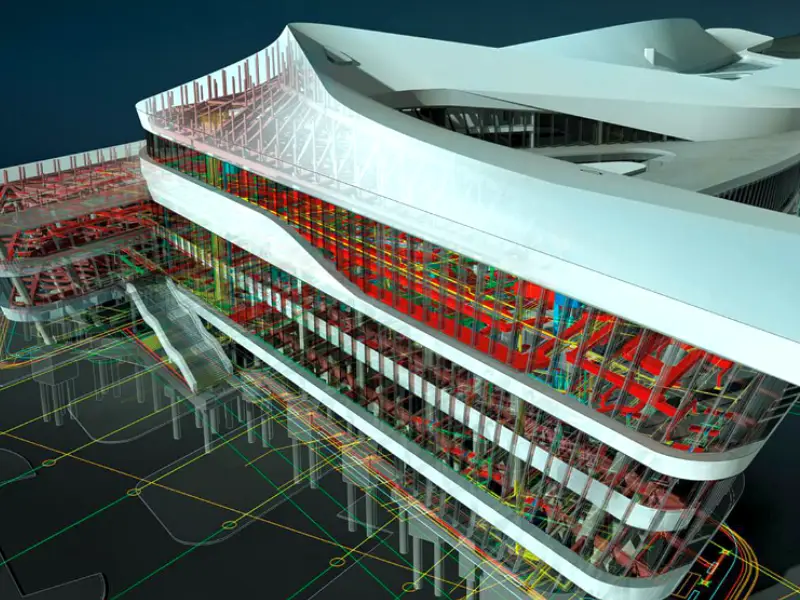
How about getting a utility survey to kickstart your project?
Beginning construction or repairs on a facility without conducting a utility survey carries serious risks and dangers.
By being aware of the advantages and significance of utility surveys in building projects, you can protect the neighbourhood, your team, and yourself.
By reading the blog below, discover the benefits of performing a utility study before starting work.
Why are utility detection surveys so important?
Of course, none of these crucial project components is something that any construction manager would want to lose. Utility surveys, therefore, have a lot of advantages.
The following are some benefits of utility survey:
1. Improved safety
Utility detection surveys considerably lower the chance of unintentional strikes on underground utilities, improving the general public’s and project personnel’s safety.
A government strategy study from October 2022 estimates that over 60,000 unintentional utility strikes occur annually in the UK.
By carrying out a utility detection survey, the possibility of hitting unidentified subterranean utilities is significantly reduced, which lowers the risk of accidents, fatalities, project delays, and interruptions.
Furthermore, by accurately locating utilities using these surveys, workers may confidently navigate job sites, reducing the chance of accidents.
2. Minimising disruption

Projects inherently involve disruption, including closed roads or relocations.
Utility strikes, however, may result in more severe interruptions. These mishaps may result in problems like power outages or water leaks, which may worsen the situation if repairs take longer than expected.
Utility identification surveys enable project teams to precisely navigate potential dangers and minimise disturbance by carefully identifying and mapping underground utilities.
3. Reducing unnecessary costs
The government document estimates that the annual cost of unintentional utility strikes is £2.4 billion.
This includes any necessary repairs, additional expenses resulting from interrupted services, budget overruns, penalties, and potential legal ramifications from project delays.
Commissioning a survey to locate hidden UTIs can significantly reduce these expenses.
4. Boosting project efficiency
The positions of underground utilities can be explicitly known to project teams, which makes work mapping easier.
Early identification improves overall efficiency from design to construction by lowering the chance of unforeseen difficulties, delays, and reworks throughout all project stages.
Utility identification surveys frequently provide a quicker and more straightforward approach to learning about hidden dangers. The application of advanced GPR technology eliminates the need for intrusive subterranean inspections, saving time and prolonging the project’s schedule.
5. Effective planning and design

Accurate information about concealed utilities can help project teams strategically include their locations in their planning and design processes.
Contractors profit from careful planning and implementation of work schedules, while architects receive necessary assistance in creating concepts and designs. Facilities and estate managers get access to an invaluable tool for planning upcoming repairs or renovations.
This proactive strategy avoids misunderstandings, stops design alterations or reworks, and guarantees a smooth transition from idea to completion.
6. Ensuring environmental protection
Conclusion
Utility detection survey investments protect your project and lead to increased productivity, increased safety, significant cost savings, and reduced delays.
Project managers across the country can obtain utility detection surveys from Survey2Plan.
Our knowledgeable staff can advise on the best service for your project, regardless of whether you require a utility detection study or other services.




